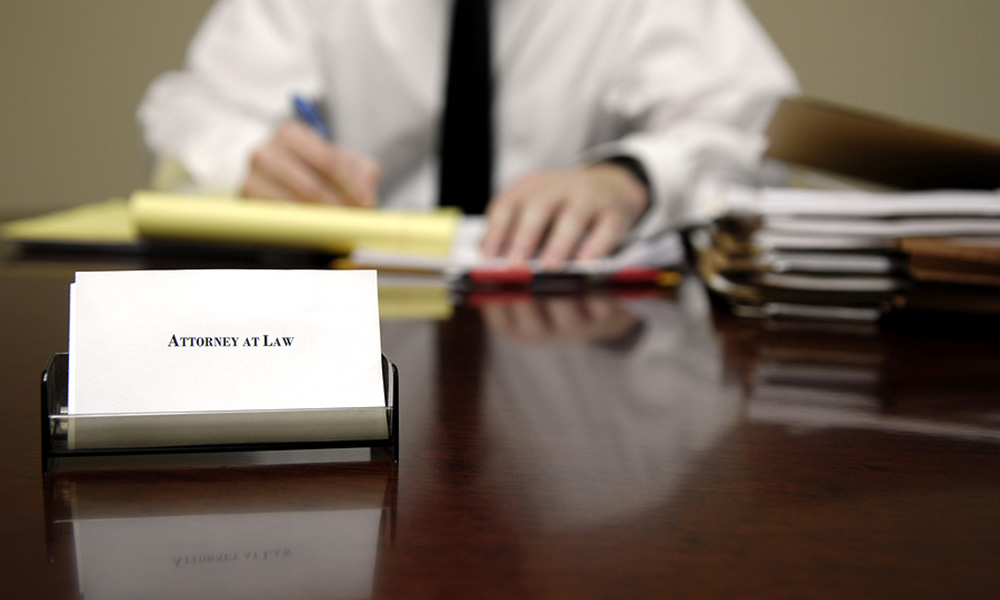Arson is legally defined as the willful, malicious burning or charring of property. Bombings may also be considered arsons, and a targeted structure need not be entirely destroyed for arson to be charged. There are many types of arson crimes, ranging from terrorism to insurance fraud. While most arsons are directed against buildings, pyromania can also be charged against anyone setting fire to forest lands, boats, airplanes, or other properties.
Most states identify several degrees of pyromania, based on factors such as the building’s occupancy (or lack of it) and whether insurance fraud was involved. Setting fire to an occupied building will almost always bring a more severe arson charge than burning an abandoned barn in a rural setting. Arson is often part of domestic violence situations, used to hide other crimes including murder and fraud. Arsons involving death may produce murder charges in some states; arson is handled in several ways in various state and federal courts.
There Are Charges For Burning My Own Property?
In the state of New York, it doesn’t matter whether or not a person owns the structure which he or she sets fire to, that person can still be charged with arson and face fines, jail time, or both, under New York law.
The idea of going to prison over the burning of one’s own property might seem excessive, but the reason for the law is pretty simple – to protect citizens of New York from wayward and out of control fires set by people who thought they could keep the fire under control.
There are several instances in the past where defendants would use their intent only to cause damage to their own property as a defense against criminal charges for burning the property of another. This has been shown where defendants set fire to their own property to prevent somebody else from getting it (“If I can’t have it, nobody can”) or so that they could collect the insurance cash from the destruction of the property.
Some people engage in pyromania for insurance fraud to get easy money. This can lead to even more criminal charges. For example, a person has a $1 million fire insurance policy on a ramshackle building that would be worth only $500,000 on the market. If the person burns the building down and then tries to collect on the insurance policy, that person may be convicted on two separate charges: arson and insurance fraud. A prosecutor will need to prove that the fire was initially started maliciously; there’s no legal requirement for the building to burn completely or for the fraud to be successful.
It takes a pretty culpable state of mind to burn a property out of revenge or for a quick payday, but just because a fire happens, it does not always mean that a suspect was criminally culpable in setting it, and the law recognizes this.
Criminal vs. Accidental
The law makes clear distinctions between a person’s behavior and understands that accidents should not be punished as harshly as intentional malicious conduct.
It doesn’t matter what the suspect’s original intent in starting the fire actually was, so long as he or she actually intended to start the original fire. In other words, a person who lights a match, with no other intent than to light it, watch it burn, and stomp it out, can be charged criminally under New York arson laws if that match falls to the ground and burns down a building. Even though the intent was not to burn down the building, the fact that the original lighting of the match was an intentional act will create the link from having no intent to burn down a building to facing criminal pyromania charges.
Unfortunately, working against an overzealous prosecutor can muffle a suspect and prevent his or her side of the story from being told fully and honestly. This is why pyromania suspects are urged to partner with a credentialed arson criminal defense attorney as soon as they have contact with the police in regards to an alleged arson. Only with an experienced attorney by their side will the accused have the best possible chance of having their side of the story heard in an unbiased court of law.
Arson Charges
The state of New York recognizes pyromania in five different characterized degrees. The first degree of the offense is the highest, and the fifth-degree is the lowest level of the offense.
First degree arson is a class A felony. This is the most serious charge to face – the charges involve the suspect causing serious injury to another person who wasn’t involved in the setting of the fire initially, or when a suspect starts a fire to receive financial gain.
Second degree arson is known as a class B felony, and it’s the second most serious type charge of arson, which involves someone who intentionally caused damage to a structure by starting a fire with another individual inside who didn’t know about the intent.
Third-degree arson is a class C felony. Someone receives this charge when they are accused of intentionally causing damage on a structure with fire.
Fourth degree arson, which is a class E felony, involves a lower standard when it comes to proof. This charge occurs when the accused individual causes reckless damage to a setting a fire on purpose.
Fifth degree arson, which is a class A misdemeanor, is known as the least serious charge that someone can face – it involves a suspect who caused damage to a property intentionally, without having the permission of the property owner, by intentionally causing an explosion or starting a fire.
Hire A Long Island Arson Attorney
Arson penalties can be serious. Depending on various circumstances involving a case, an arson suspect could face up to 25 years of prison time if convicted. Along with jail time, those who are accused of arson could potentially pay some serious fines and not have any support from family and friends. The punishment will be dependant on the specific case details, along with more serious punishments for people whose actions result in serious injury or death of another individual.
If you or someone you know faces criminal arson charges in the state of New York, hire an experienced criminal defense attorney immediately. If you’ve been charged, or even if you’re only being questioned, you need the counsel and direction of a good criminal defense lawyer. Arson cases don’t go away; they often get worse as the investigations continue. If you are suspected of arson or involved with arson in any way, speaking to a criminal defense attorney is the wisest choice you can make.











Comments are closed.